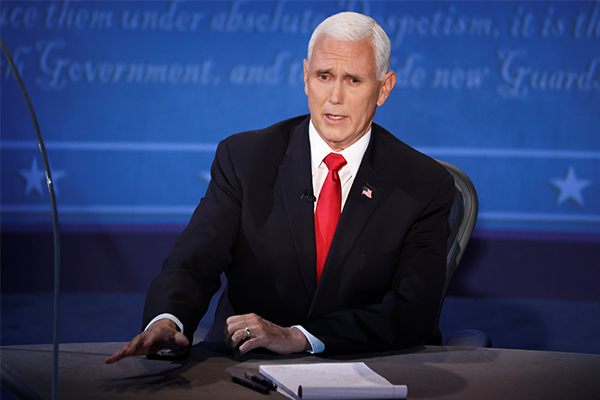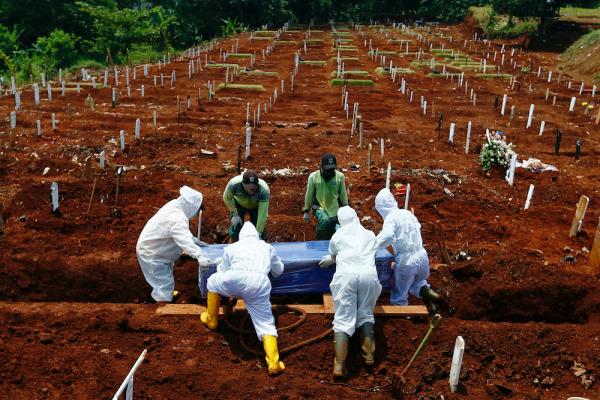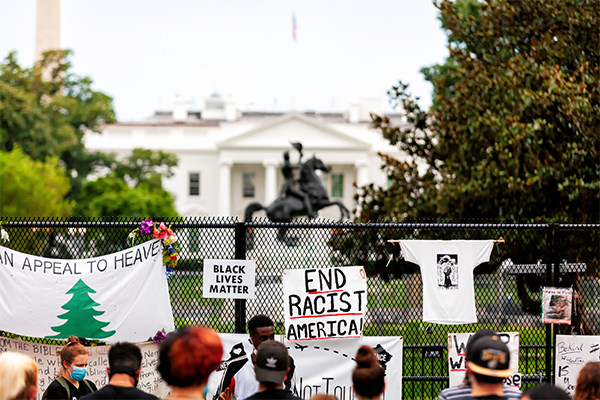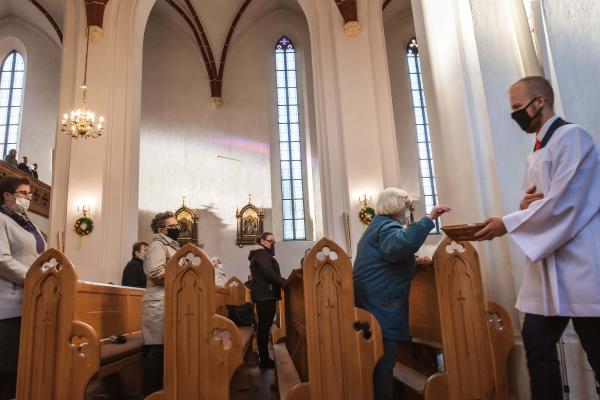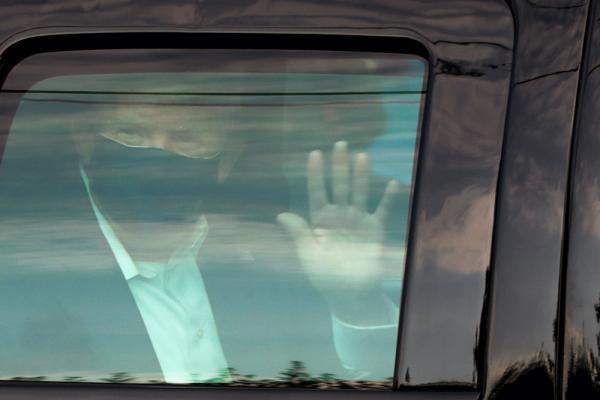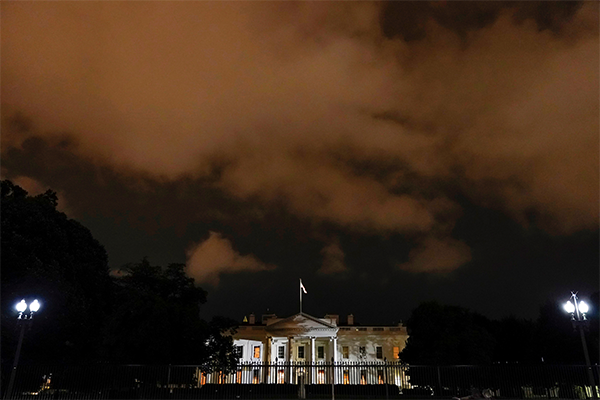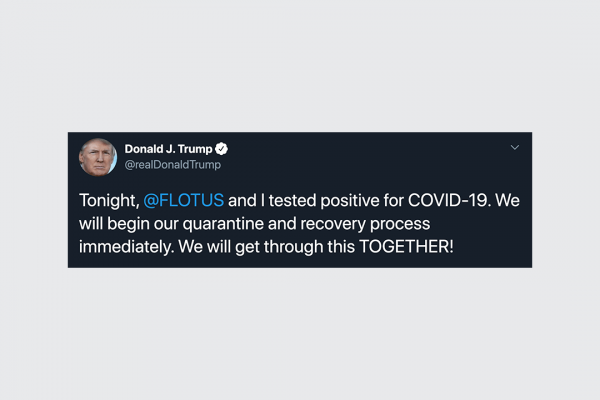"The country is only as strong as it treats the most vulnerable citizens," Williams-Skinner says. "Right now we are a weaker country because we are robbing not just Black and brown people, but elderly people."
This week’s picks from our editors include a little bit of humor (a new film that satirizes evangelical media? Yes please!) and stories to remind us of our collective power to overcome the forces of evil and enemies of justice that are so readily on display.
Last night’s vice presidential debate left viewers with many questions: Would Mike Pence aid in a peaceful transition of power should Donald Trump lose the election? Why do Kamala Harris and Joe Biden like fracking so much? Why was Susan Page denied a mute button? And why was that fly so drawn to Pence, plexiglass be damned? Perhaps it was the vice president’s hairspray, or his chilling stillness, or his pinkish eye. We may never know for sure. But in my search for answers, I turned to the Bible.
Pope Francis has a penchant for impeccable, maybe even providential timing. His encyclical Laudato Si’ came out just months before the 2015 Paris climate summit and played a key role in influencing public opinion and galvanizing political will behind bolder climate action to protect “our common home.” Now, less than a month before the most consequential U.S. election in generations, the pope’s new encyclical provides a powerful rebuke to a politics of division, fear, and hate while also casting a vision for the human family that is deeply relevant to applying our faith to U.S. leadership in the world.
This executive order is dangerous. Instead of acknowledging that diversity, equity, and inclusion trainings can help work towards the country’s ideals of “liberty and justice for all,” it labels them as reverse racism and sexism.
As churches create plans for re-opening their buildings and look toward a future where people have been vaccinated against COVID-19, there is an opportunity now to re-imagine church. Likely, it will never be the same. And maybe that’s for the better. Singing, hugging, and sharing food have become risky activities. I still grieve this, and yet the possibilities and imagination spurred by these limits excite me.
When news broke last week that the president was diagnosed with COVID-19, I tweeted that the psalm of the morning ought to be Psalm 109, which includes startling lines like "may his days be few" and "may his children be orphans." It was not in jest. While people had varying reactions to the news, the imprecatory psalms give Christians guidance on how to pray.
“Schadenfreude,” the German term for “enjoyment obtained from the troubles of others,” became the most searched-for term today on Merriam-Webster.com. But “enjoyment” isn’t the right word for this week in which civil discourse and the U.S. refugee resettlement quotas reached another record low.
As news spread that Donald and Melania Trump have contracted COVID-19, thoughts, prayers, and tweets have started pouring in from across the U.S.
Despite our immense wealth as a country, poverty has always been a problem in the United States. It remains as an insidious legacy of slavery and systemic racism as well as an ever-present barrier in largely white rural communities and increasingly among Americans living in suburban communities.

